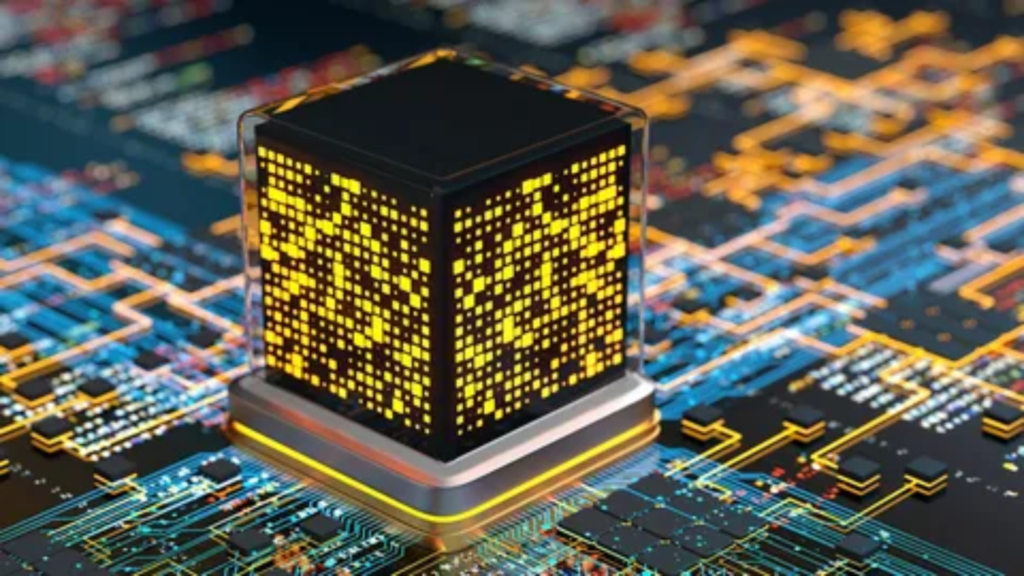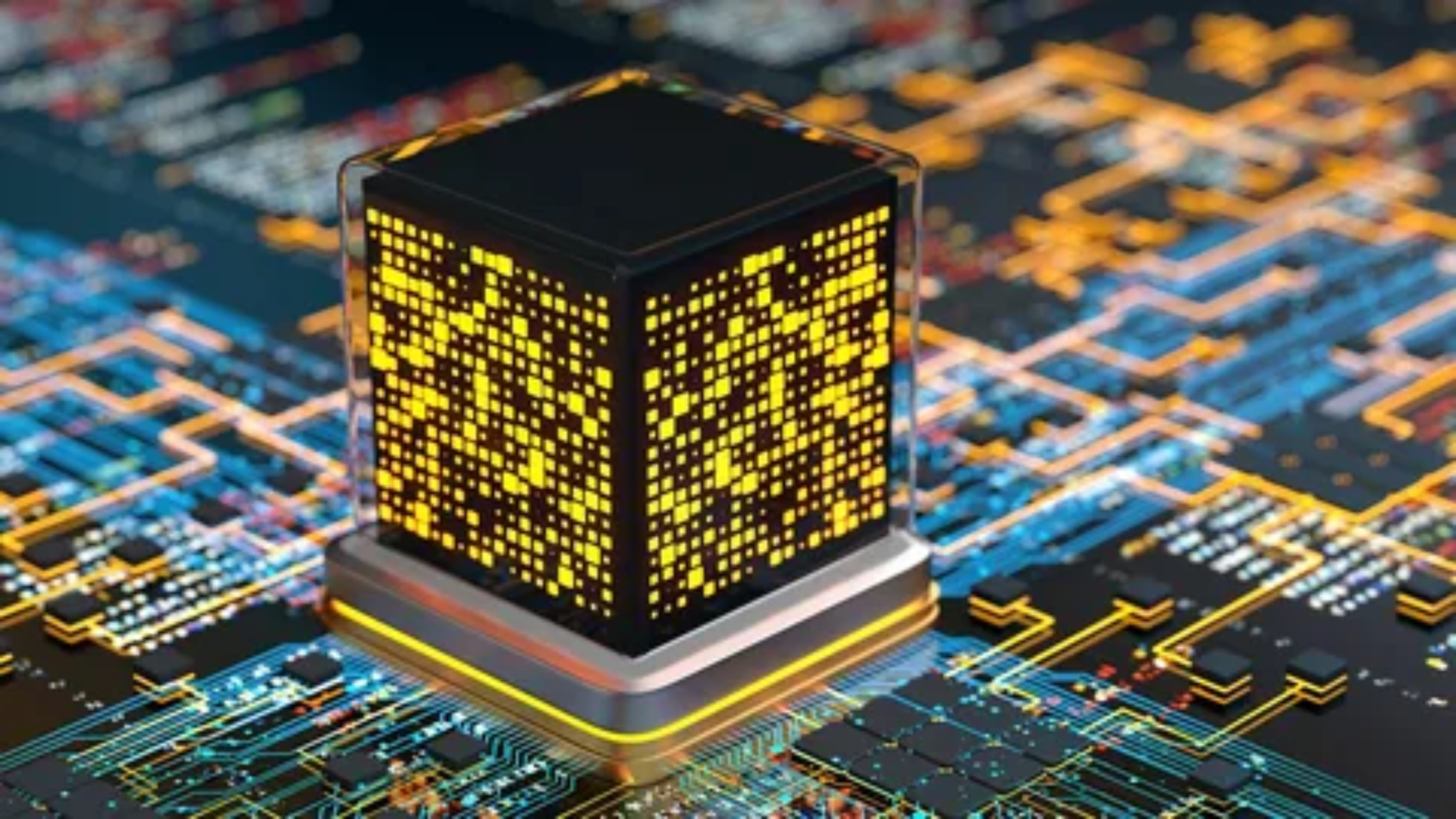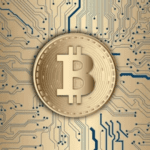Quantum computing is not just a buzzword; it’s a thrilling ride into the realm of the unknown. Imagine if your computer could not only process data faster than a cheetah on roller skates but could also solve problems that would take classical computers an eternity. Sounds exciting, right? But before we jump into the rabbit hole, let’s unpack the essence of quantum computing and what the future holds for it.
1. What Is Quantum Computing?
To put it simply, quantum computing is like classical computing’s cooler, smarter sibling who went to an elite school for geniuses. While classical computers use bits as the smallest unit of data, which can be either a 0 or a 1, quantum computers use qubits (quantum bits). These qubits can exist in multiple states at once, thanks to a magical phenomenon called superposition.
1.1 The Magic of Qubits
Think of a qubit like a spinning coin. While it’s spinning, it’s not just heads or tails; it’s a blend of both. When we measure it, it lands on one of those sides. This ability to be in multiple states simultaneously allows quantum computers to perform complex calculations much faster than their classical counterparts.
1.2 Entanglement: A Spooky Action
Now, let’s introduce entanglement, another cornerstone of quantum mechanics. When qubits become entangled, the state of one qubit becomes linked with another, no matter how far apart they are. This “spooky action at a distance” allows quantum computers to solve problems in parallel, exponentially increasing their computational power. Picture two best friends who can finish each other’s sentences even when they’re on opposite sides of the planet. That’s entanglement for you!
2. Why Is Quantum Computing a Big Deal?
You might be wondering, “Why should I care about all this quantum mumbo jumbo?” Well, the potential applications of quantum computing are mind-blowing!
2.1 Breakthroughs in Medicine
Imagine developing life-saving drugs in record time. Quantum computers can simulate molecular interactions far better than classical computers, leading to breakthroughs in personalized medicine and quicker vaccine development. Who knows? The next superhero might just be a quantum physicist!
2.2 Optimization Problems Made Easy
From logistics to finance, optimization problems are everywhere. Quantum computing can analyze vast amounts of data to find the best solutions in a fraction of the time. It’s like having a supercharged GPS that not only finds the quickest route but also calculates traffic patterns, weather, and whether a taco truck is nearby.
2.3 Unbreakable Security
With great power comes great responsibility, especially in cybersecurity. Quantum computers can create unbreakable encryption methods. Think of it as a digital Fort Knox. Any attempt to hack into it would be like trying to sneak past a dragon guarding its treasure.
3. The Current State of Quantum Computing
As of now, quantum computing is still in its early stages. Companies like IBM, Google, and D-Wave are leading the charge, developing quantum processors that push the boundaries of what’s possible.
3.1 The Race for Quantum Supremacy
“Quantum supremacy” refers to the point at which a quantum computer can solve problems that classical computers practically cannot. Google famously announced it had achieved this milestone in 2019. However, it was more of a friendly competition than a definitive victory, as other companies are hot on their heels.
3.2 Challenges Ahead
Despite its potential, quantum computing faces numerous challenges:
- Error Rates: Qubits are incredibly sensitive to their environments, which can lead to high error rates in calculations.
- Scalability: Building quantum computers that can operate reliably at scale is no small feat.
- Resource Intensity: Quantum computers require extreme conditions, such as ultra-low temperatures, to function properly.
3.3 The Hardware: A Quantum Jungle
Creating quantum hardware is akin to navigating a jungle filled with intricate devices. Researchers are experimenting with various technologies to create stable qubits, including trapped ions, superconducting circuits, and topological qubits. It’s like a tech-themed episode of “Survivor”—who will emerge victorious?
4. The Future of Quantum Computing
4.1 A New Era of Problem Solving
As technology progresses, we’re inching closer to making quantum computers a practical reality. The future will likely see:
- Quantum Cloud Computing: Imagine renting quantum processing power through the cloud. This would make advanced quantum computations accessible to businesses and researchers alike, democratizing this revolutionary technology.
- Hybrid Systems: Quantum computers may work alongside classical computers, optimizing processes and providing solutions that neither could achieve alone.
4.2 The Quantum Workforce
With the rise of quantum computing comes the need for a new generation of quantum engineers and programmers. Universities are already adapting their curriculums to include quantum physics, algorithms, and programming languages. In the not-so-distant future, you might hear a kid say, “I want to be a quantum engineer when I grow up!” instead of “I want to be a YouTuber!”
4.3 Ethical Considerations
As quantum computing becomes more prevalent, we’ll need to consider its ethical implications. The power to decrypt sensitive information or create unbreakable encryption could shift the balance of power in cybersecurity. We must ensure that these advancements benefit society as a whole.
5. Fun Facts About Quantum Computing
Just for giggles, let’s lighten the mood with some quirky facts about quantum computing:
| Fun Fact | Explanation |
|---|---|
| Schrödinger’s Cat | This thought experiment shows how particles can exist in multiple states, just like your cat when it decides whether to go outside or not. |
| Quantum Computers Are Very Cold | They need to be at temperatures close to absolute zero. It’s like living in the fridge—no thanks! |
| Quantum Computing Is Still New | The field is so young that it’s still in its teenage years, throwing tantrums and figuring out who it wants to be. |
| “Quantum” Means “How Much” | In Latin, quantum means “how much.” So technically, every time we talk about quantum computing, we’re asking, “How much can this computer do?” |
| A Quantum Computer Walks into a Bar | The bartender says, “What will you have?” The quantum computer replies, “I’ll have a beer, but I’m also having a soda… and maybe a water.” (Because superposition!) |
6. Conclusion
Quantum computing promises a future filled with unparalleled possibilities. From revolutionizing medicine to securing our digital lives, its potential is staggering. However, we must navigate the challenges ahead with caution, ensuring that this powerful technology benefits humanity as a whole.
As we continue to explore this brave new world of quantum computing, let’s remember that the journey is just as important as the destination. So, buckle up and enjoy the ride—who knows where quantum computing will take us next!
And remember, if you ever get confused about quantum mechanics, just think of it as a dance party where particles do their own thing, and nobody really knows who’s leading. Because in the quantum world, it’s all about the groove!




